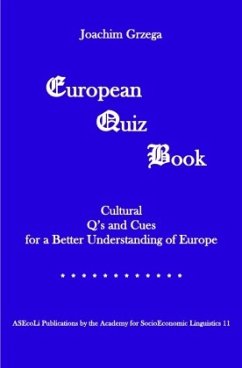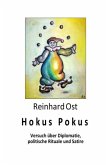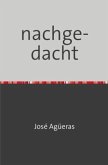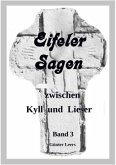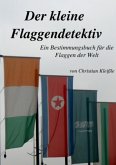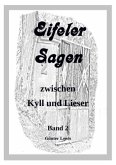There are many quiz formats of entertaining nature. Often there deal with humorous details which do not help in understanding the world. This books offers a way to learn and apply general rules of thumbs, or cues. The book consists of two main parts: the overview part and the quiz part. The first part is a chronologically structured collection of 52 Euro-cultural rules of thumb, or clues. They are a selection of things whose marks we can still frequently perceive today-in museums, theaters, churches, streets, one's own house or apartment. The quiz part is divided into 26 blocks, each with 6 questions and-on the corresponding next page-the answers, occasionally with extra information, together with the year where the principle can be found in the chronological overview part. If a principle appears for the first time, then it usually reappears already in the next block or the block after next in order to raise chances that the principle is better stored in the reader's mind. Further occurrences of a principle come in larger intervals. A principle is usually connected to three or four questions. At the end there is a list of useful literature. Readers can use the book for self-studying or organizing quiz events for others. -- The author, Prof. Dr. Joachim Grzega, is a Eurolinguist and is, among other things, interested in the connection between language and culture in Europe as well as for teaching academic knowledge to a broader public. He has taught at several universities, was Director of Europäisches Haus Pappenheim from 2012 to 2016 and is now head of the project "Innovative Europäische Sprachlehre" at VHS Donauwörth. Besides, he is head of ASEcoLi (Academy for SocioEconomic Linguistics).
Bitte wählen Sie Ihr Anliegen aus.
Rechnungen
Retourenschein anfordern
Bestellstatus
Storno

